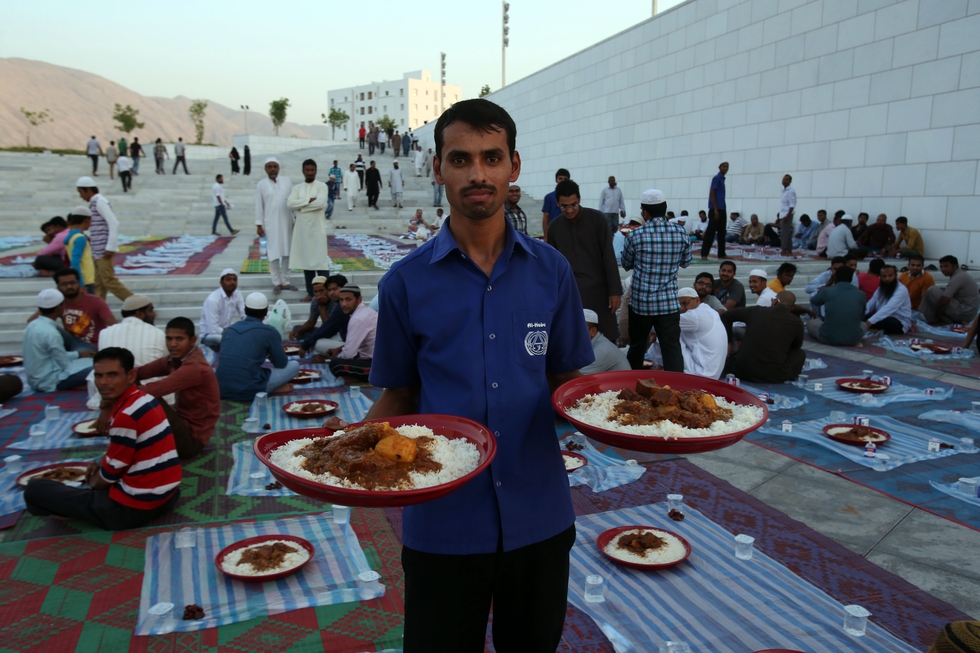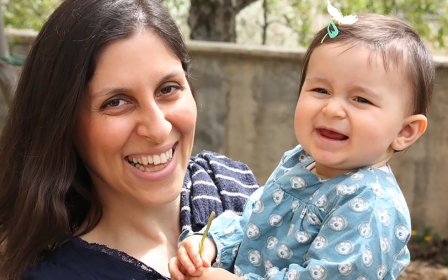HRW says domestic workers 'trapped' in Oman

Human Rights Watch warned on Wednesday that many foreign domestic workers in Oman are trapped in abusive employment, urging the sultanate to reform its "restrictive" immigration system.
In a 67-page report titled "‘I Was Sold’: Abuse and Exploitation of Migrant Domestic Workers in Oman," the New York-based watchdog interviewed 59 domestic workers, some of whom described "abuses that amounted to forced labour or trafficking."
The report documents how Oman's visa sponsorship system for workers, known in Gulf countries as kafala, and the lack of labour law protection, leave migrant domestic workers "exposed to abuse and exploitation."
"Migrant domestic workers in Oman are bound to their employers and left to their mercy," said HRW's Middle East women’s rights researcher, Rothna Begum.
"Employers can force domestic workers to work without rest, pay or food, knowing they can be punished if they escape, while the employers rarely face penalties for abuse," she said.
HRW said at least 130,000 female migrant domestic staff work in Oman.
In one documented case, Bangladeshi Asma K, says she travelled to the United Arab Emirates to work there, but her recruitment agency "sold" her to a man who confiscated her passport and took her to adjacent Oman, where he forced her to work 21 hours a day.
"I would start working at 4:30am and finish at 1am," she was quoted by HRW as saying.
"For the entire day they wouldn’t let me sit. When I said I want to leave, he said: ‘I bought you for 1,560 rials ($4,052) from Dubai. Give it back to me and then you can go.’"
HRW urged Oman to reform its labour law to cover domestic workers and provide them with "equal protections" available to other workers, and to revise the kafala system.
Oman "should ratify the International Labour Organisation Domestic Workers Convention, and bring its laws into compliance with its provisions," HRW said in a statement.
The sultanate should also cooperate with countries of origin to prevent abuse and exploitation, it added.
Human rights groups have repeatedly urged Gulf states to reform their labour laws affecting domestic workers, who mostly come from south Asian and African countries.
New MEE newsletter: Jerusalem Dispatch
Sign up to get the latest insights and analysis on Israel-Palestine, alongside Turkey Unpacked and other MEE newsletters
Middle East Eye delivers independent and unrivalled coverage and analysis of the Middle East, North Africa and beyond. To learn more about republishing this content and the associated fees, please fill out this form. More about MEE can be found here.




